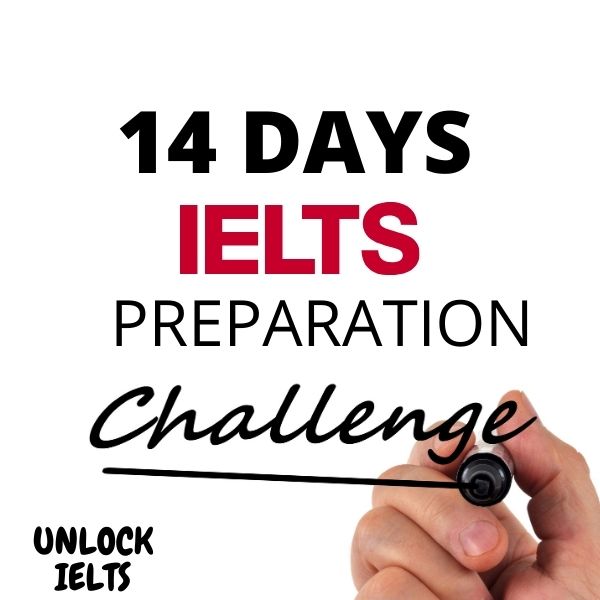Every time you land online to type something in the search bar regarding what you should do and what not regarding the essay writing, you end up getting confused among the billion results that pop up. That’s quite natural. Isn’t it?
If you are someone who is aspiring to crack the IELTS exam and are stuck between the facts and the myths, then get going with reading the article. Myths can be dangerous and restrict you from performing your best. The article aims at demystifying the myths associated with Essay Writing.
Pay close attention to these 3 Myths to avoid getting stuck in the future:
Misconceptions about Essay Writing
- Write More Score More
It is one of the most common misconceptions about Essay Writing in IELTS. When you are preparing for IELTS the first thing you need to master is time. Time is money. In this case, it truly is. If you believe writing more than the dedicated word limit will help you add more numbers to your total score, then you are mistaken.
If your task demands writing an essay in about 250 words, there is no use in going in length about the topic. The essay writing aims to judge you based on the understanding of the topic and how well you present it in your essay with examples and facts.
Recommended word limit is 250-280 words.
Therefore, pay attention to the quality and the main points and answer what the question demands. If you have more time left, then you can go for proofreading and add useful information.
Always Remember “You can score above 7 with just 250 words too”
- Opinion is Must
It is generally accepted that you should write your opinion in every essay that you come across in your examination. But that is not true. There are some of the essays in task 2 that requires you to present your opinion. But the point here is, not every essay demands it.
Present your opinion only if you are asked to do so. If the question doesn't demands your opinion directly, write it in the conclusion. As a part of the task requirement, you should always do it in the conclusion part else you will lose the hold of achieving the score you desire.
- The Introduction should be perfect
No doubt, the introduction is the first thing that catches the attention of the examiner but it is one of the things that matter in an essay, not the only thing. You should begin the introduction by paraphrasing the question, providing a background statement, and then the thesis statement.
Before writing any content piece, plan out your structure. Don’t waste your time in the introduction. You get enough scope to express your ideas in the paragraphs and conclusion. Therefore, you need not ponder so much on the “Introduction” thing. The use of correct words or expressions can help you write the introduction effortlessly.
So, these were the top 3 misconceptions about Essay writing. You must be aware of one of them. When you are engaged in preparing for IELTS, misconceptions are the real bubbles that need to burst.
Unlock IELTS with Richa aims to help the IELTS aspirants by highlighting not only the imperative things one needs to follow to score well, but also acquaint the students with the aspects to avoid. It aims at Concentrating on both sides of the coins is important to help students master IELTS.
Concentrate on the basics of essay writing and ignore these misconceptions. If you have any questions, feel free to drop in the comment section.













Write a public review